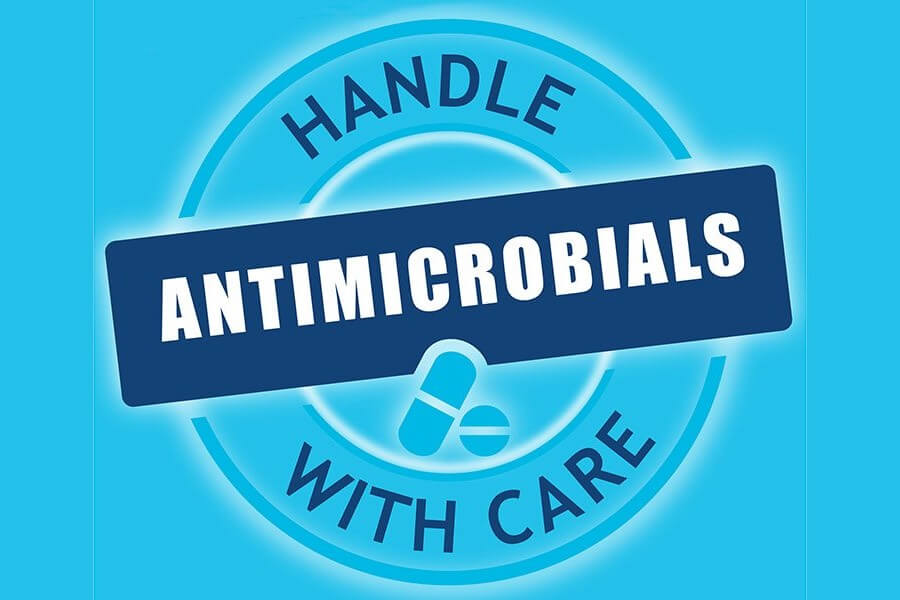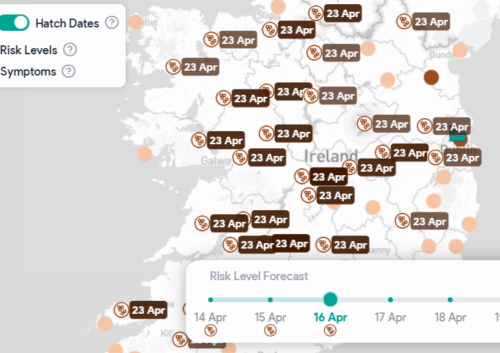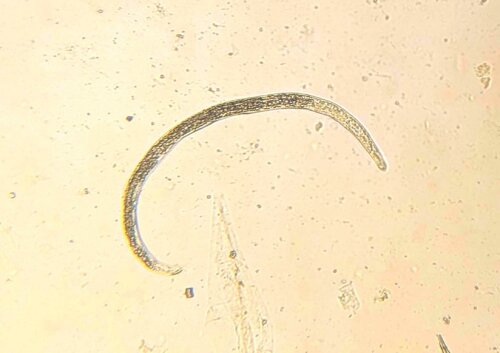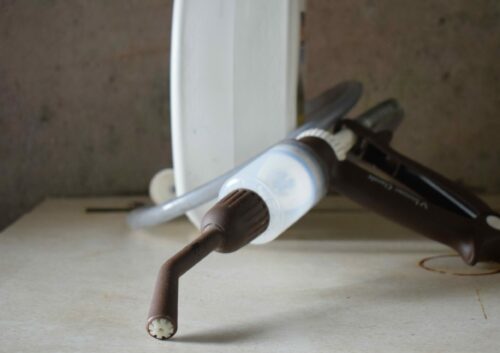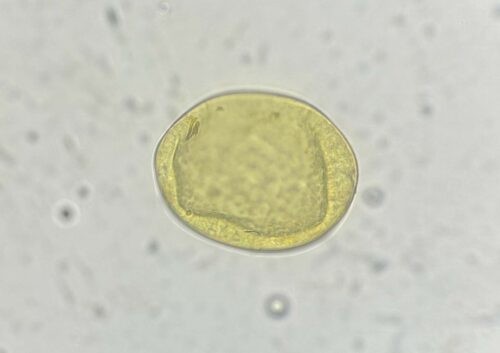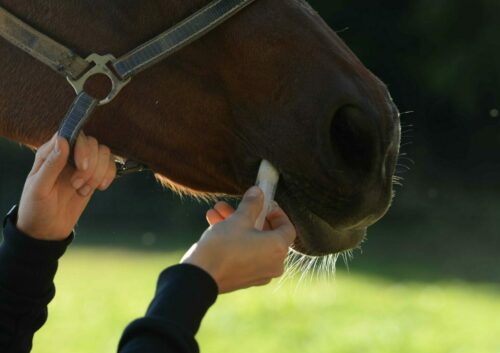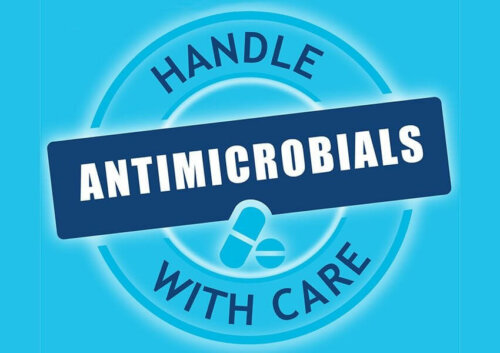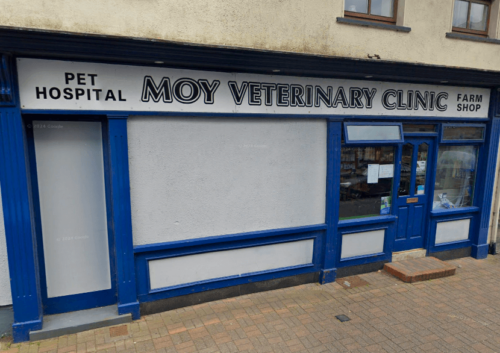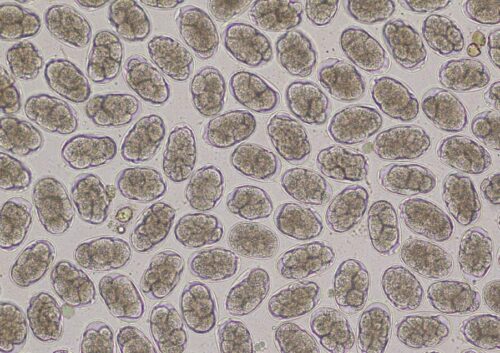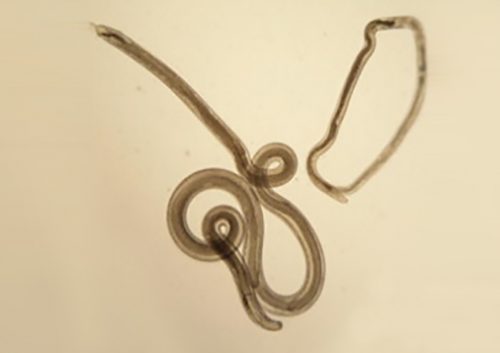This past week represented World Antimicrobial Awareness Week, an important topic that the team at Micron Agritech feel very passionately about. The theme for the campaign was ‘Preventing Antimicrobial Resistance Together’, which places a heavy emphasis on how we all need to work together to take control of a snowballing line of resistance to medication found amongst both humans and animals.
Antimicrobial resistance (AMR) is a global threat to both human and animal health and occurs when microorganisms such as bacteria and parasites develop resistance to medication that formerly treated the infection. Parasite AMR is widespread and genetically inherited, making it very difficult to treat. The overuse, incorrect dosage and incorrect choice of anthelmintic drugs leads to a minority of surviving, resistant worms providing the majority of eggs animals ingest from pasture. This increases the population of resistant worms year after year and eventually leads to a drug becoming ineffective.

The widespread nature of AMR also means it has made its way into the Irish agricultural sector, with dairy calf to beef farms already reporting gastrointestinal nematode resistance to benzimidazole, levamisole, ivermectin and moxidectin (Kelleher et al., 2020).,A research study (Keegan et al., 2017) investigating anthelmintic failure on Irish farms from 2013 to 2015 “concluded that anthelmintic resistance was responsible for the majority of the anthelmintic treatment failures observed”.
Gaining the knowledge of what parasite is present and in what quantity can help determine if one anthelmintic is more appropriate than another, thus significantly reducing the use of an incorrect antimicrobial and following best practices for prudent antimicrobial use.
Micron Kit, the fast, portable parasite test kit developed by Micron Agritech, allows veterinarians to make informed decisions on which anthelmintic to prescribe by performing a Faecal Egg Count (FEC) and getting results on the parasite species and burden level within minutes. After an anthelmintic has been administered Micron Kit can also help vets to determine treatment efficacy when performing a Faecal egg Count Reduction Test (FECRT) or a drench test (composite faecal sample).
When the use of an anthelmintic is deemed necessary by a veterinarian, dosing equipment must be calibrated and the correct dose must be administered for the correct duration of time to minimise the emergence and transmission of AMR. If you are interested in finding out more information about AMR, parasitology or the Micron Kit, click here to chat with a member of the Micron Agritech team today.
References:
WHO website https://www.who.int/news/item/04-07-2022-world-antimicrobial-awareness-week-2022-preventing-antimicrobial-resistance-together, accessed on 22/11/22
Kelleher, A. C., Good, B., de Waal, T., & Keane, O. M. (2020). Anthelmintic resistance among gastrointestinal nematodes of cattle on dairy calf to beef farms in /Ireland. Irish Veterinary /Journal, 73(1), 1-8.
Keegan, Jason D., Orla M. Keane, Barbara Good, Theo De Waal, Marian Denny, James P. Hanrahan, William Fitzgerald, and Maresa Sheehan. “A nationwide survey of anthelmintic treatment failure on sheep farms in Ireland.” Irish Veterinary Journal 70, no. 1 (2017): 1-8.
